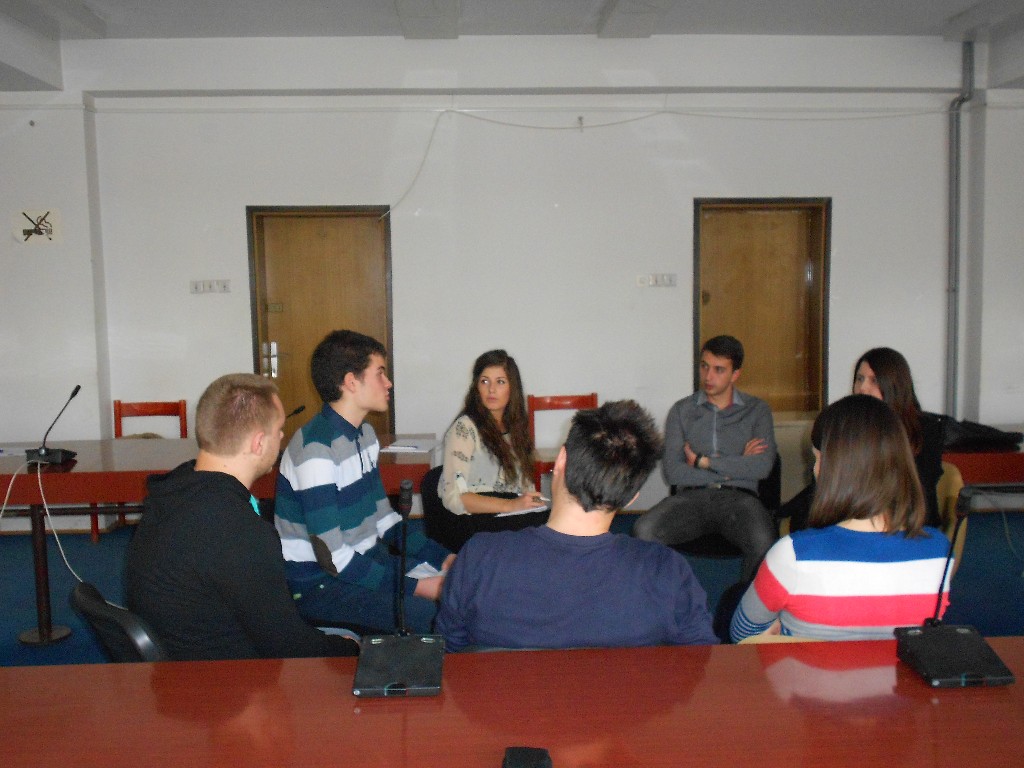
|
What was the topic of the discussion and how was organised? |
|
The topic was the Balkan obsession with history and what we should do about it. It was mainly motivated by the lecture given by prof. Dubravka Stojanovic back in Belgrade. The event was hosted by Sanja Bogatinovska, who also introduced the participants to the topic, while the lecture was given by Kristijan Fidanovski. It mostly focused on the use of the Kosovo Battle by Milosevic as a tool for generating nationalism in Serbia and the current antiquisation policy used to a similar end in Macedonia. The two case studies were compared and contrasted, leading to the conclusion that we still need to work a lot on our approach to history in the Western Balkans. Stojanovic’s critical thinking-based high school books were mentioned as a welcomed effort in the field of education, which was identified as only one of the spheres this problem spans into. The lecture lasted about half an hour altogether and was followed by a productive discussion. |
|
Explain the reaction of the participants on your speech. |
| Most participants were students or graduates in the field of political sciences, so they showed a genuine interest in the topic. What I believe made my speech particularly appealing was the fact that it was based on well-known real-life examples, which were nevertheless tackled in an unconventional way. Thus, while the participants might not have learned an exceptionally great deal of new information, it certainly offered them another way of thinking about phenomena that they were already very acquainted with. This effect was visible both in the participants’ patience and focus during the speech and in the type of questions they posed in the Q&A part. |
|
Have you notice the impact of your lecture on the participants? Explain. |
| Already answered in the previous question. |
|
What were the questions posed by the participants and how did you react? |
|
While all participants unanimously welcomed prof. Stojanovic’s initiative, one of them did challenge some of her arguments, such as the uniform perspective of Ottoman rule as destructive all over in the Balkans. I was happy to see that the questions referred both to my overview of prof. Stojanovic’s points back in Belgrade and my own original points. This indicated to me that I have successfully managed to give the participants a taste of prof. Stojanovic’s powerful lecture, while at the same time also adding my own distinct perspective to the complex discourse of the approach to history in the Balkans. I only answered some of the questions directly, as the Q&A part was mainly intended as a discussion between all present parties, rather than a cross-examination between me and the participants. |






